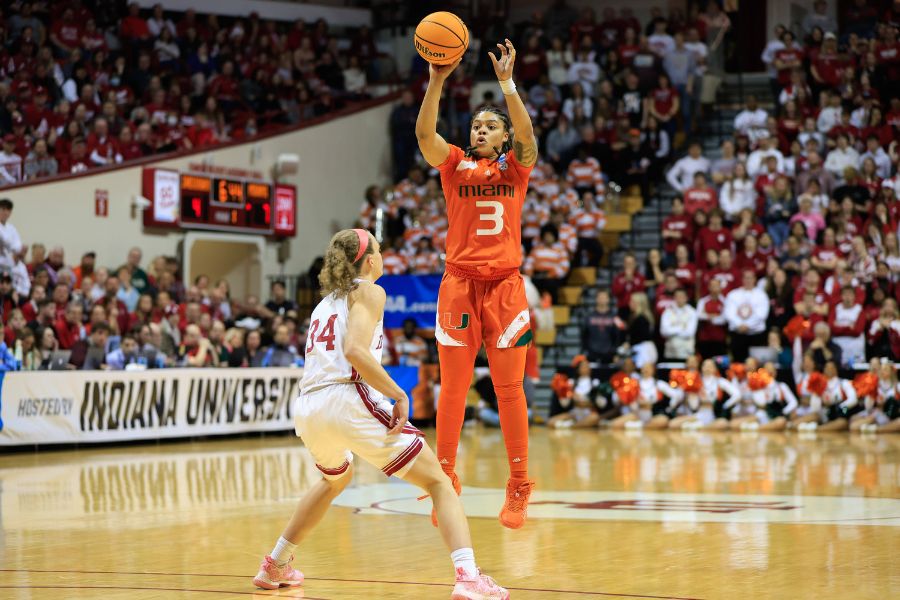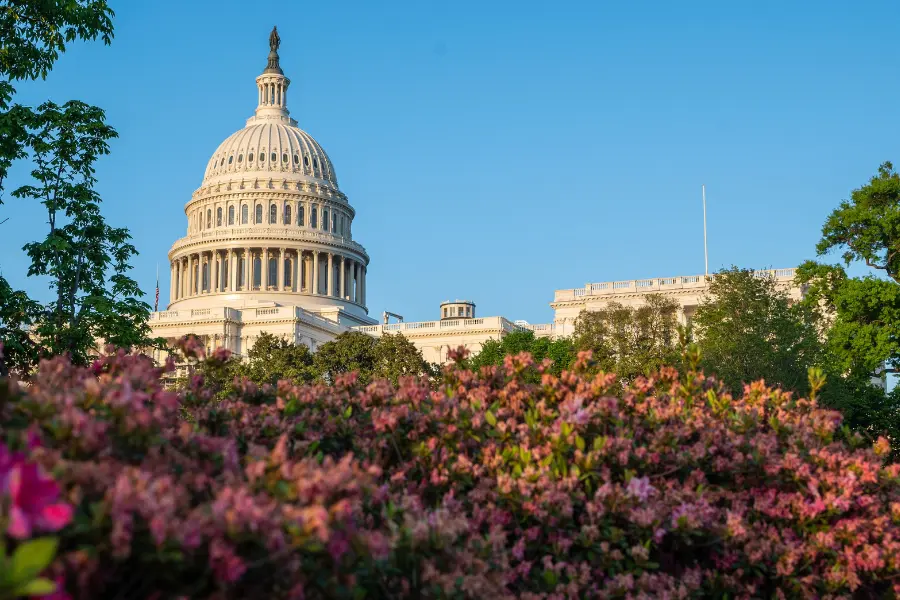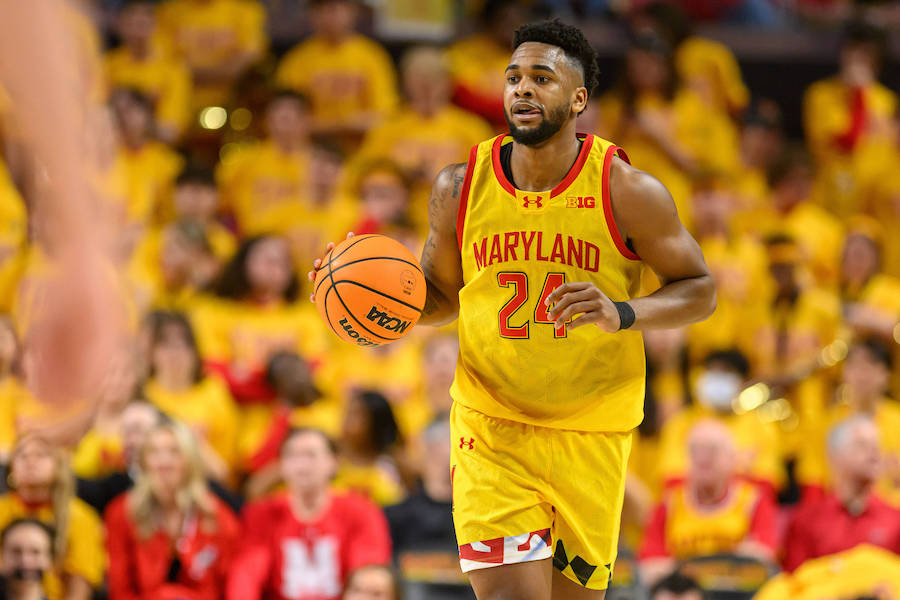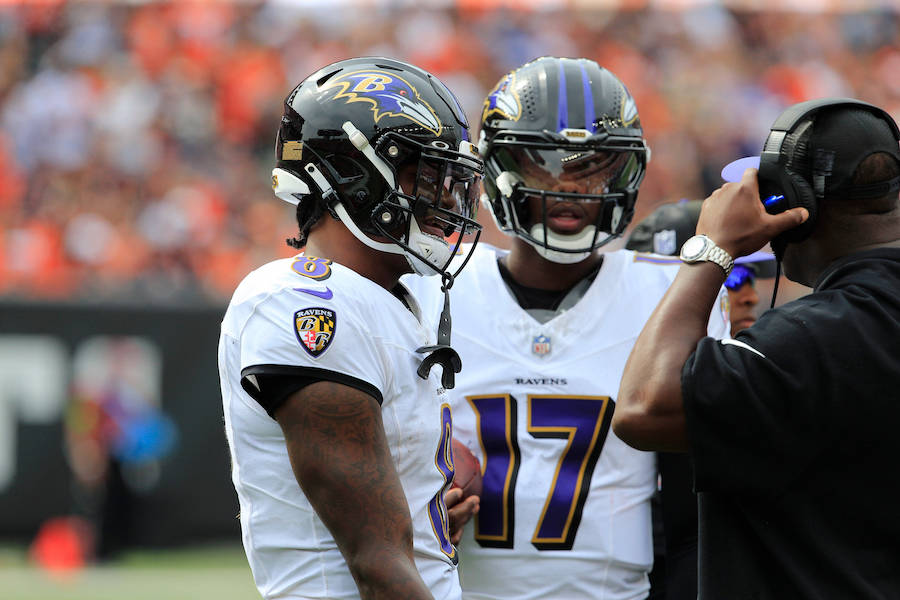Reshaping Maryland’s sports betting landscape with SB 621
SB 621 introduces a new set of consumer protections to the Maryland sports betting market, aiming to ensure transparency and accountability from sports betting influencers, analysts, and pickers. It is not, however, intended to eliminate handicappers or touts but rather to create a framework that safeguards the interests of bettors in the state.
Its goal is to verify the claims made by these parties and ensure they act in good faith. For example, if a handicapper makes claims that their picks are accurate 80 percent of the time, an independent body will evaluate and fact-check this claim.
Chris Adams, the founder of Maryland-based sports betting ratings agency SharpRank and a former investment banker, collaborated with bill sponsor Sen. Zucker to address the necessity of an independent third party to assess sportsbooks’ content providers and celebrity pitchmen.
“We’re trying to help avoid what happened with FTX, using people of influence to funnel the public into a topic they don’t understand,” Adams explained.
Adams has previously backed a similar bill in West Virginia, but it failed to pass.
BetMGM Against the Bill
Online sports betting operators are in favor of the bill, except for BetMGM, which was initially against it.
According to the BetMGMs lobbyist, the state already has enough regulation for consumer protection. However, as it was the only operator to have done so, it stopped coming to hearings as the bill progressed.
Apart from BetMGM, the state has 11 online operators and ten retail locations. These include major players like DraftKings, FanDuel, and Caesars.
No word yet who will be tasked with fact-checking and evaluating the content providers or even how SB 621 will be enforced,
What’s New in Maryland?
CB 621 and two other legislations previously passed through Maryland’s legislative chambers — SB620 and HB802 — will go into effect on July 1.
Senate Bill 620 prevents colleges and universities from profiting from partnerships with sportsbook operators targeting students. Meanwhile, House Bill 802 prohibits institutions from receiving compensation for sports betting deals with marketing entities targeting students.
SuperBook Sports is the latest addition to the Maryland market after obtaining an online betting license from the MLGCC in April.
The Las Vegas-based operator also opened the SuperBook Bar & Restaurant at Oriole Park at Camden Yards, further expanding its presence. SuperBook currently operates in eight states, including Arizona, Iowa and New Jersey.
Maryland collected a total betting handle of $385.8 million in March, 12 percent higher than in February. Over $5.3 million of the revenue collected by the state went toward public education.







